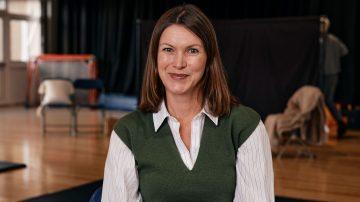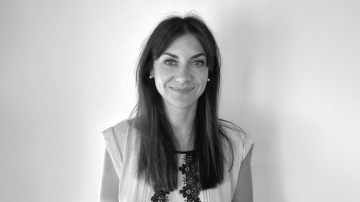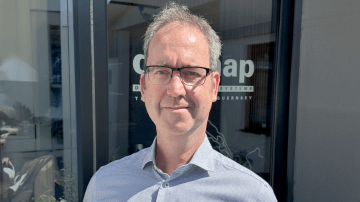The campaign for Face Equality launched by the UK charity Changing Faces (set up by Guernsey resident James Partridge) is about everyone being treated fairly and equally regardless of appearance.
The annual Face Equality Day, on 25 May 2018, is an opportunity for everyone to learn more about the ridicule, staring, ostracism, bullying and discrimination individuals may experience when they have a disfigurement.
This year’s Day is particularly focused on children and young people – and Changing Faces Channel Islands (CFCI) has been working with the Youth Commission and island schools to make sure it is a big success. Jill Clark, Chair of CFCI, says: “I’m really delighted that children and young people are the focus this year – and we have some eye-opening things happening that will hopefully challenge them to think afresh.”
Three activities are being planned:
- The Hollywood film Wonder starring Julia Roberts and Jacob Tremblay is being shown at Guernsey’s Beau Sejour on Friday 25 May to over 500 year 8 students, representing most schools. This film based on the novel Wonder by R.J. Palacio follows the experience of Auggie Pullman who has a complex cranio-facial condition as he enters high school aged 11 – and encounters bullying and ostracism. The public is invited to attend and some students and representatives of both Changing Faces Channel Islands and the Youth Commission will be available if needed.
- Changing Faces has produced a new set of educational resources for teaching about face equality which have been sent to all schools – these will stimulate new sessions in assemblies and classrooms over the coming year.
- CFCI is encouraging as many members of the public as possible to wear the butterfly symbol as a removable transfer for Face Equality Day. Over 750 transfers were distributed at the recent Guernsey Literary Festival Katie Piper event. More butterflies can be picked up from Beau Sejour.
James Partridge, who carries the scars of burns 48 years ago with pride, is delighted that Guernsey’s Lady Corder has agreed to mark the Day by wearing a butterfly. He says:
“The more people who wear a butterfly on their face (or hands or arms) the better. Everyone who does so will know a little more about what it’s like to look a little unusual.
“Our culture’s relentless focus on appearance and the huge pressure on us all to look good affects everyone. If you have a disfigurement from any cause – a cleft lip and palate, a birthmark, acne or psoriasis, Bell’s palsy or scars from an accident, for example – you can face discrimination because of the way you look. You may be stared at, teased or avoided. You may feel isolated and believe you have little chance of leading a successful life. That should not be the case. Face Equality Day is an opportunity to start to put it right.”













